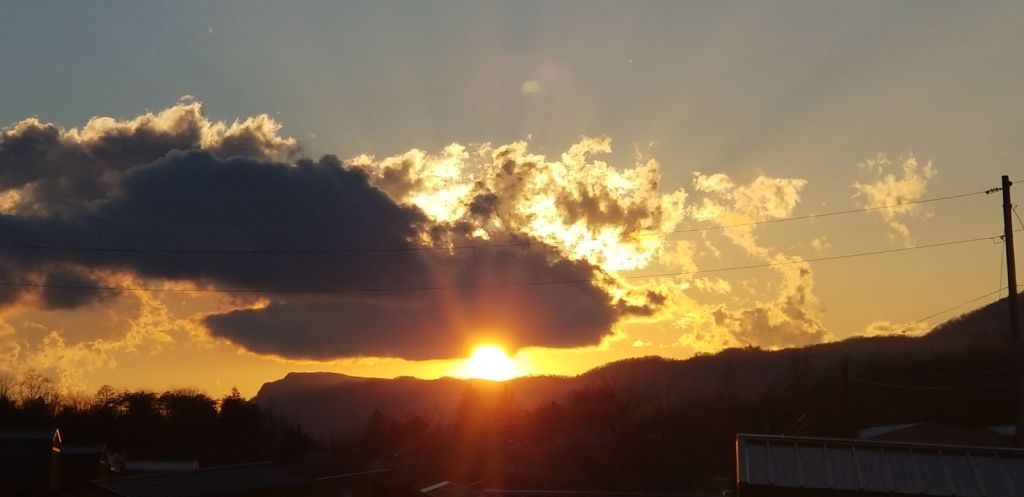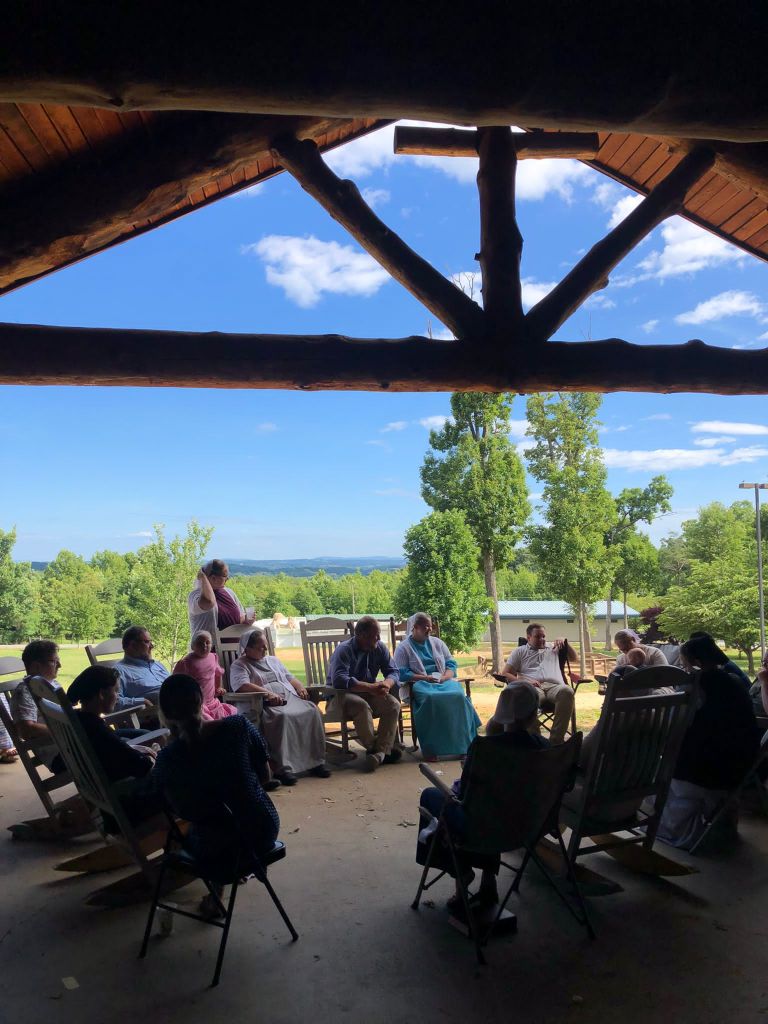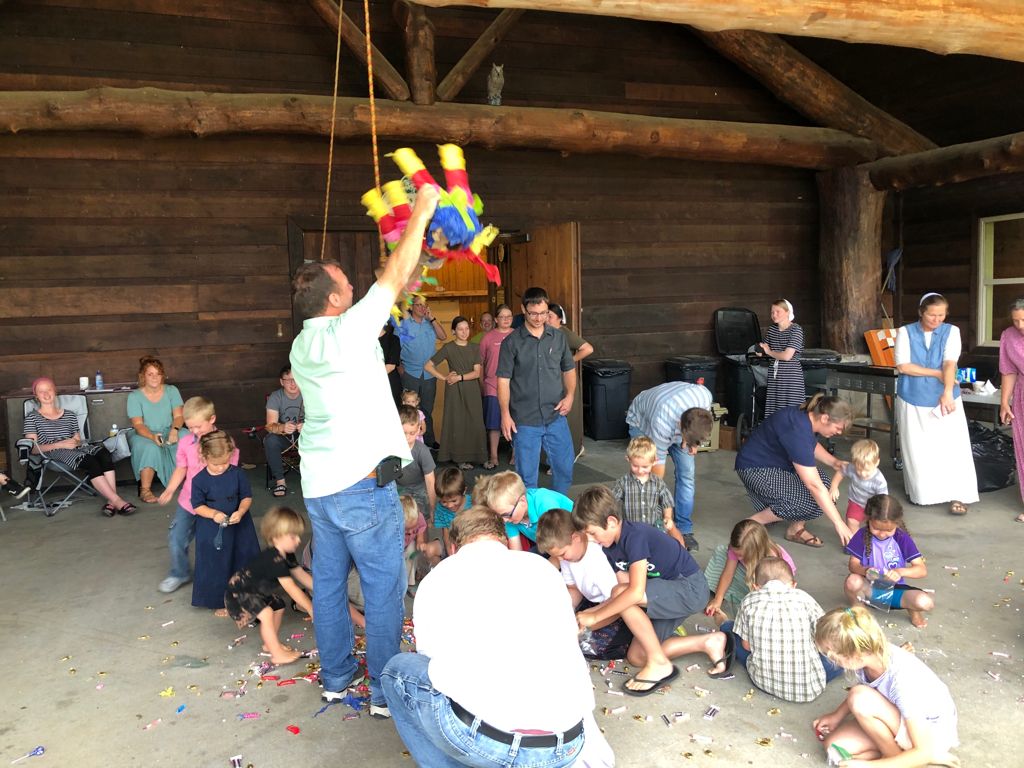My toe traces the line on the floor tile.
I can find it without looking.
Because I know it’s there.
It is functionally whole.
But scarred.
Like me.
My toe traces the line on the floor tile.
I can find it without looking.
Because I know it’s there.
It is functionally whole.
But scarred.
Like me.
As you know, I’m passionate about touching the hearts of children in foster care. There are almost 400,000 children in our foster care system according to adoption.com. children who come into care are often taken suddenly leaving behind their toys and clothes along with the only life they’ve ever known.

We would like to bless children in foster care with these adorable cuddle bear sets.
$25 gives one child a Cuddle Bear book + plush set, $50 supports 3 children and $100 supports 6. Every $25 you donate will give you an entry into a giveaway to win a cuddle bear set for a child you love!
Thank you in advance for linking arms with me in this mission to spread love, kindness and cheer in such a meaningful way. 💛🧸
Share cuddles here:
https://www.paypal.com/pools/c/90I9RJW5mm

The body keeps score.
It’s a phrase we use in foster care. A way to explain why a child is triggered by seemingly innocent places, people, or even smells. Often children who have gone through trauma have a litany of things to be avoided. Rarely are they cognizant of why these things trigger them and even more rare is a child who can verbalize the reason for his triggers but that does nothing to mitigate the violent reaction he has to to something as innocent as a bag of dry beans or the smell of a wood fire.
I think about this phrase often. Not just because I work with these children but because I think this phrase might be the foundation of why it matters that we care for these children.
We all know, on some level, the truth of the old adage “actions speak louder than works” which is just another way of saying that our embodied experience is greater than the thoughts inside of us.
As I care for these children.
Little ones.
Perhaps too small to remember their time in my care.
“The body keeps score.”
I sometimes say it sadly…
But other times I say it defiantly.
And I pray that someday, something,
Perhaps on old hymn
Perhaps a church,
Or maybe something as simple as the smell of fried chicken…
Perhaps it won’t be a clear memory but I pray that the sights, the smells, or the music will take them to a place of feeling safe and loved.
And may that place of love and safety bring them home at last to God.
Nothing feels as much
Like the essence of my childhood
As perching on a broken toolbox
On the bed of an old Ford Ranger
My hair flying in the wind.
The family dog curled at my bare feet.
Recently a friend and I traveled the familiar Road northward. We had all day and no deadline and and so we thought why not find the bookshops
And so we did. We wandered the streets of Roanoke and went in and out of any shop that interested us. Eventually down a side street, hidden behind an impossibly loud band, we found a bookshop.
It was quiet and cozy and we looked through the books and chatted with the owner. She’d heard of Ewing, she said. It was all the way at the end of Virginia where almost no one knew it existed.
We agreed.
But as we headed for the door, I saw that just inside there was a shelf labeled Appalachian Culture.
I stopped to scrutinize.
They shelf contained a myriad of books that I had either read or decided not to read. Featured prominently at the top were Hillbilly Elegy and across from it a book I hadn’t seen before Appalachian Reckoning: a region responds to Hillbilly Elegy.
Now this is getting interesting, I thought.
I picked up the book to leaf through it and the store owner interrupted me.
“That’s a good book” she said.
“It looks interesting,” I replied vaguely.
And she launched in, telling me about how Hillbilly Elegy doesn’t really represent Appalachia. Maybe that’s just a dysfunctional family she said and not the fault of the culture at all. People come here, she said, and they tell me that they’re on the way to Appalachia and I say, “well, here you are!” And they say no, we’re going to the real Appalachia and I just say “Well you found it, and look, I wear shoes and everything!
I looked at her and to be honest, I just didn’t have the energy.
I don’t want to take away her identity or anything but she’s only ever heard of Ewing, Virginia.
I have lived there.
And if J. D. Vance is simply the story of a dysfunctional family and not the story of a deeply troubled albeit beautiful culture than it seems highly coincidental that 95% of the families in this culture happen to have all the same problems that his family did.
I read that book and it was interesting because it was the same story I’d heard repeatedly. From friends, coworkers, children even.
At the beginning I’ll admit I felt defensive. I want people to hear the good parts of my culture, not its problems.
But by the end of the story I felt heard and understood.
And I’m sorry but bookshop owners in the middle of Roanoke have almost nothing in common with my neighbor, the recovering drug addict in her second marriage who is forty years old, has a 3 year old son and has never lived outside of Lee County.
If that is Appalachia then it’s a different Appalachia than mine.
It seems ridiculous to join the clamor of cultural appropriation but I felt like she was appropriating mine.
And it didn’t make me feel seen or understood. I felt erased.
The reason that the people of Appalachia feel forgotten and betrayed and estranged from American Culture is because people visit Roanoke, or Knoxville, or Gatlinburg, and think they’ve been to Appalachia.
Or people from those places speak for us without ever asking what we would like to say.
I’m not trying to start a culture war, but if you want to go to Appalachia how about you try Ewing, or Harlan, or anyplace that shows red on the economic map. Find the people who’ve lived there for decades, sit down on their front porch, sip sweet tea and be grateful for the cornbread and beans they offer. They’re really quite delicious.
And once you’ve done that.
Once you’ve listened to the stories
Only then, can you say you’ve been to Appalachia.

It’s strange to be an Anabaptist in Appalachia. I live a subculture within a subculture. A mixture of identities that sometimes complement and sometimes contradict each other. It has forced me to think about culture and identity much more than I ever would have otherwise.
I love both my subcultures. I love being an Anabaptist with it’s rich and varied history. It’s strange heroes, it’s settled values and it’s strong sense of identity.
I love being Appalachian for the same reasons.
Both cultures are deeply flawed.
There are cracks in the foundation.
Crooked floors and plastic covered window panes.
But nestled in such beauty.
Majestic mountains tower around both protecting and excluding.
And I cannot tell where the metaphors end and reality begins. Every angel has a countering demon and both are very real and very present.
Sometimes the demon appears as an angel and sometimes the angel is hidden within broken and desperate humanity and often, often we cannot tell where one begins and the other ends.
Because earth and heaven have become wonderously and awfully mixed together.
“Your kingdom come,” I pray.
It’s an Anabaptist prayer
And an Appalachian prayer.
And I cannot tell if I mean the same or different things.

I got an email from one of those mennonite colleges detailing their scholarships and financial aid.
I got that email because even dying dreams still have little living roots that send up offshoots.
I read the email for the same reason.
And I felt a little bitter when I read it because one of the scholarships they offer is a regional scholarship that is only for people from basically Lancaster and Holmes County.
The hot spots of Anabaptist culture.
And I shouldn’t feel bitter about that because obviously that’s where so many people are concentrated that it makes sense when I think of it like that.
But those people already have so many opportunities. They’re surrounded by Anabaptist culture and art. They have the best schools, the best teachers, the best choirs, the best art, that can be found in the Anabaptist world. Because if you’re the best you go there because that’s where the most opportunities are and that’s where the most money is and it’s a cycle.
I shouldn’t feel bitter because even though I live hours away, I benefit from that. If there was no hub of Anabaptist culture there would be no choirs, no colleges, and very little art.
I know because a little church in the center of Appalachia or wherever doesn’t have the resources for that. They’re busy trying to stay afloat, to love their neighbor, to bear their brothers burden, to feed the hungry, amd visit the sick.
There isn’t enough time, or money, or people to go around.
And that’s why the bitterness is still here. A little bit.
About a year ago, I found myself in a circle of young people. All of them except me were from Lancaster or Holmes county. I didn’t know any of them. They didn’t know me. I listened to their conversation. They were talking about their churches and their culture. They talked about how churches should be smaller and further apart. About how people get lost in the shuffle amd how no one needs them in their churches.
I listened quietly for awhile before I asked if I could tell them a bit about the other side. They listened while I told them about how tired I was. About how alone it feels sometimes, how overwhelming. And how there is so much to do that we can never be done.
And they listened but they didn’t understand.
“Still,” they said, “it would be better to be needed too much than not at all”
And they were right probably. Only just then I didn’t want them to be right, I wanted them to understand.
Because what I was trying to say is that there has to be both. If we want to keep the values that we have in the face of an opposing culture then we must have both. The thinking of the church is not more important than the doing of the church but it is important. Someone has to do it. And being a scholar is a luxury, not a necessity. Art and Culture is a luxury. They can only be cultivated where there are adequate resources.
But art will also lose all relevance when it loses connection to the common man. Philosophy disconnected from action achieves nothing.
We are not better than each other. We must learn better ways of connecting. Our thinkers need to infiltrate the churches not stand apart from them. And the doers need to stop and listen so that they can find strength to keep fighting.
We have been taught to work hard and we are often good at what we do.
Be we are not very good at seeing each other’s strengths and learning from each other.
We need to build better connections.
I have, in the last year, fallen into what I believe may be the most prevalent (if not the worst) sin in the Christian church today.

Mediocrity.
This old world has a way of getting to me with ongoingness. (I know that isn’t a word but I really want to use it). It wears away at me, little by little, and suddenly I am not at all where I started.
I have forgotten to be alive.
Forgotten that we cannot be Christians without passion, without meaning.
I have not forgotten to do. I have forgotten to feel.
I wanted to spend time with my neighbors so that they could know Jesus. I wanted to love the children so that they could feel Jesus. I wanted to break bread with the people of God so that I could become one with them.
And I haven’t stopped doing the things.
But I forgot that the doing is not all of it. I forgot that there is meaning in the service. That there is beauty just in being and that the brokenness inside me doesn’t stop Jesus from being there.
I didn’t remember that what I’m doing is important.
Not because I’m doing them but because I am working with God when I’m doing them. I forgot what I had learned about theosis.
I used to believe that I had something to say to the world. That although everything had been said before, it hadn’t been said by me. And maybe if I said it one more time, than someone would hear it and understand and that would be worth it.
I am no longer certain I have anything to say.
But there is something in me that compels me to write the thoughts that come into my head and I cannot stop.
I must write.
Not because I know things that must be heard but because I have thoughts that must be sorted.
Olympic Runner Eric Liddell once said “When I run, I feel God’s pleasure”
I feel his pleasure when I write.
And that’s why I’m back here again.


Deep in your eyes I see
An old familiar story
Retold with modern flair
I see the story but wonder what it is until
It breaks upon me suddenly.
Fire reflects in your eyes and poetry drips from your lips.
Droplets fall from your brow as you bow in worship.
Doubt and faith are equal in your words and I cannot tell which is stronger.
And I am sure I’ve read this story before if only I could remember where.
Muscles bulge above clenched fists and strength oozes from your body and I see you now as one who wrestles.
Wrestles agaisnt unknown forces coming from the darkness.
Wrestles inspite of almost certain defeat.
Wrestles on because you must have this blessing.
“God must be proud of you”, I think, “to let you wrestle so with him”.
And suddenly the blur comes into focus, and I step back to catch my breath.
I recognize you now.
You must be Jacob’s kin.

The circle grew and shrank as people came and went. We drank 18 gallons of coffee and caught up with dozens of cousins on that wide airy porch. It was fun to connect with relatives from all over and catch up on all the latest family news.
It was a typical yoder gathering in that the main activities were food and conversation.
But they were splendid samples of both.
The big rocking chairs creaked and the two cousins beside me shot sarcastic comments back and forth.
“You’d better be careful,” I warned, “pretty soon y’all won’t even like each other any more”.
“Oh, she’s my cousin. She has to like me” one of them shot back.
And I keep thinking about that.
Although that statement is obviously false judging by the many feuding families across the land, I love that it was her flippant response. I’m glad she experiences family as people who love her unconditionally.
And I though of a quote I’d read recently that said “To love someone long term is to attend a thousand funerals of who they used to be.
I don’t know who said that, but it must have been a very wise person.
The best friends, the ones who last a life time, are the ones who encourage the funerals of our former selves.
The ones who change with us.
Who celebrate and value the person who is today and not some past or idealized self that you can never be again.
Let’s learn to love well.
To hold tightly to love and loosely to what it looks like.
